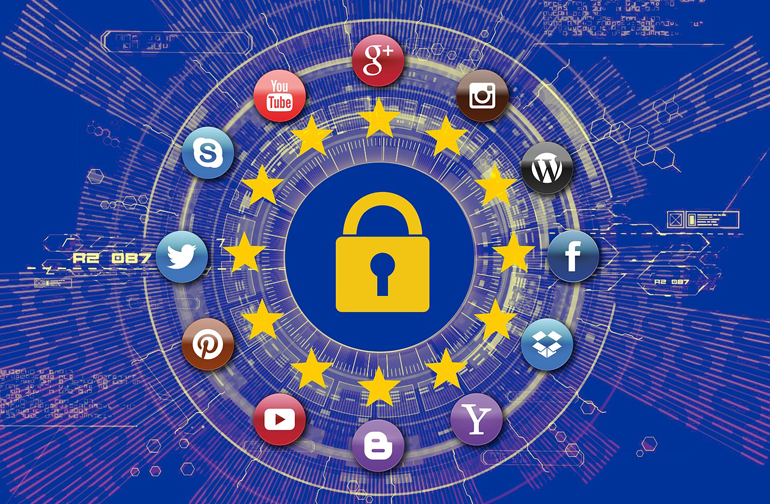 When using social networks, it is important to observe legal provisions with regards to content, comments and monitoring, since in social media marketing a variety of areas are included, such as supporting sales, simplifying service consulting, promoting advertising, attracting new customers or just improving the public perception of the company. Not to mention that social networks are preferably used for market research purposes via social media monitoring. In any case, it is important to respect some basic consumer data protection rights.
When using social networks, it is important to observe legal provisions with regards to content, comments and monitoring, since in social media marketing a variety of areas are included, such as supporting sales, simplifying service consulting, promoting advertising, attracting new customers or just improving the public perception of the company. Not to mention that social networks are preferably used for market research purposes via social media monitoring. In any case, it is important to respect some basic consumer data protection rights.
Balance strategy and target group
For a company, it is by no means necessary to be active in all social channels, rather, every business should think carefully about what it wants to achieve in the first place with its business profile and what audience it wants to reach. Different networks address different communities, therefore, some social media platforms fit better than others. For this reason, it isn’t advisable to distribute the same content one-to-one on multiple channels. Instead, content should be adapted to the medium and the associated target group.
Generally, social media marketing takes a lot of time, as only with constant and regular care of the profile, the fan community grows steadily. Particularly interesting contributions, in the form of videos or competitions, can often accelerate a company's recognition, although by a high level of dialogue is usually decisive. Feedback and user inquiries should therefore always be answered swiftly to cast a positive light on the company.
Those employees who are responsible for maintaining the social media account should also be informed regularly about current data protection regulations and they must be aware of keeping their private and business profile separate. When an employee is leaving the company, the employer must hold the access to the business profile and make sure that the departed employee cannot reuse or transfer any data.
Conduct market research
For any company, market research is an important tool to constantly improve service and product offers. Within the social networks, for example, it is possible to observe, collect and evaluate the comments of the community with the help of a special social listening software. That way, a comprehensive analysis can be developed, like e.g. a targeted PR strategy, or the dialogue between company and consumer can be improved.
However, especially social media monitoring can lead to data protection problems, if the comments are not treated anonymously. Because as soon as the utterances can be concretely assigned to a certain person, personal data protection is required. According to the new General Data Protection Regulation (GDPR) in Europe, e.g., the consent of the data subject is required to process such data, in order not to risk having to face severe penalties.
Right to delete posts -even if public
However, a company is always on the safe side if it only considers those contributions that have been marked as "public" by the users, as it can then be assumed that the user is aware that all readers have access to his/her shared content. Nevertheless, in these cases, the person concerned would have to be informed about the processing of data and the existing regulations, which includes, for example, the right to rectification or deletion.
To avoid this time spent, any violations of privacy or existing privacy rights, it is advisable to view and process the comments in social media monitoring from the beginning in an anonymized way.
But as since the recent Facebook scandal with Cambridge Analytica shows us, social media platforms and data protection are difficult to reconcile: The so-called "privacy dilemma" results from the fact that Facebook and Co. serve a kind of extrovert self-expression, don’t you think?
Anyway, privacy settings are the key to ensuring privacy on social networks, so take the time to examine them and adjust them carefully. Now, we know that it is not just about our own privacy in social networks but respecting the rights of other community members.
When it comes to social media monitoring, there are some things to keep in mind regarding data protection: Personal data may only be collected, stored and used if its owner has consented or if it is publicly accessible. In case of doubt, anonymization must be carried out.
To no surprise now, according to reports, Facebook is planning to require that marketers certify that they have obtained consent from the individuals whose data they provide to Facebook, although it is not clear how their action against violations would be enforced. The world's largest social network clearly seems to be unable to police its platform, which is huge and bright open. Facebook will have to start working on a profound plan how to crack down on marketers and researchers that don’t follow their rules. Time is changing and so must Facebook and marketers, if they want to stay in the game.
By Daniela La Marca


